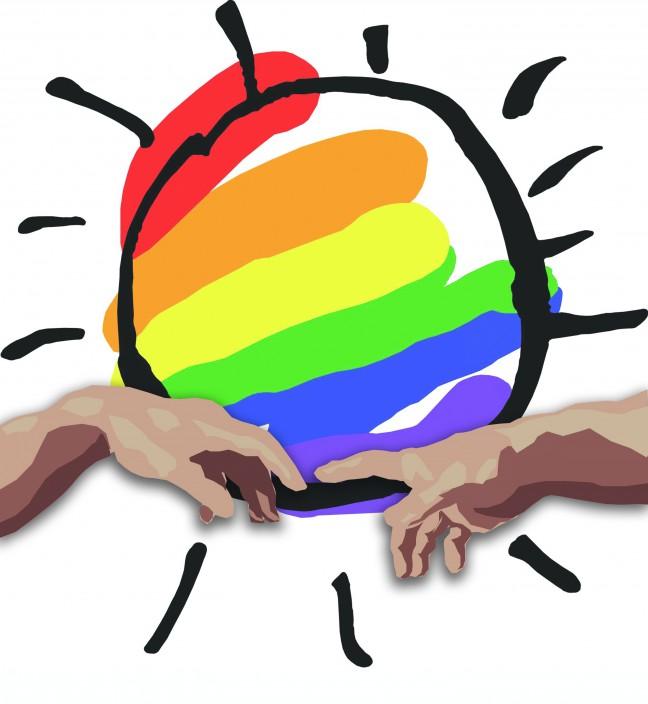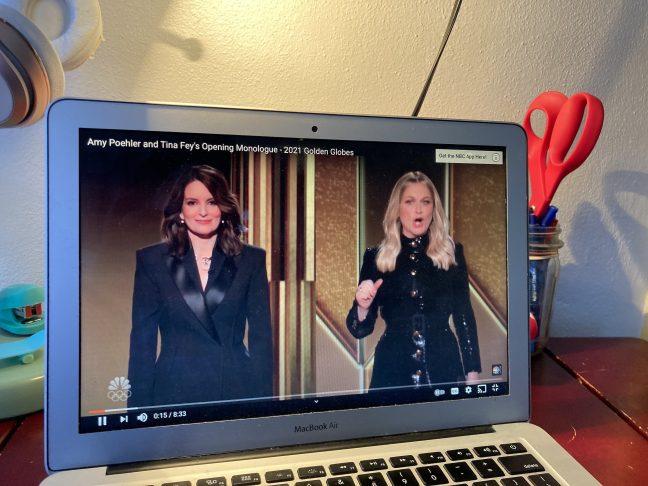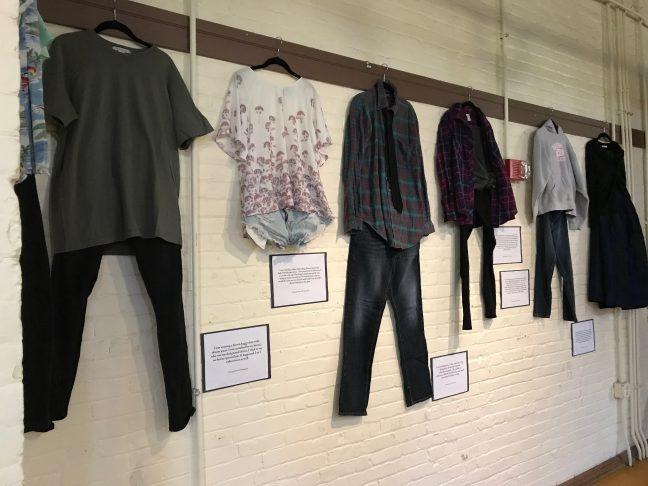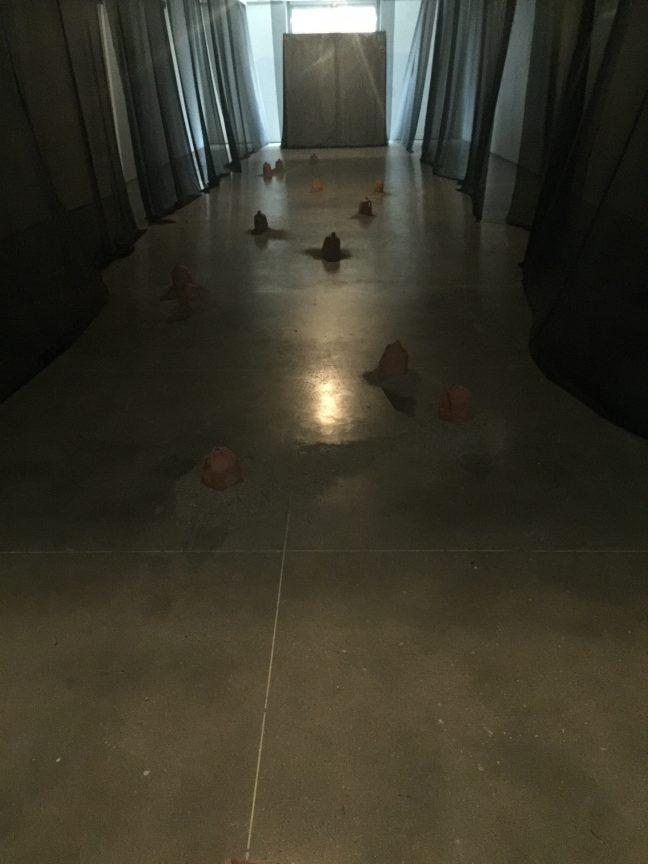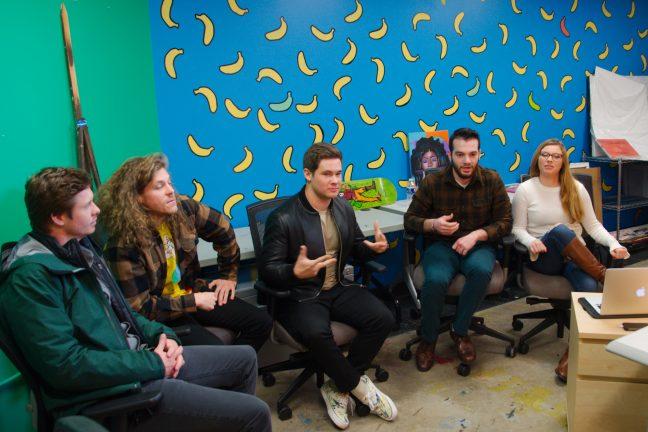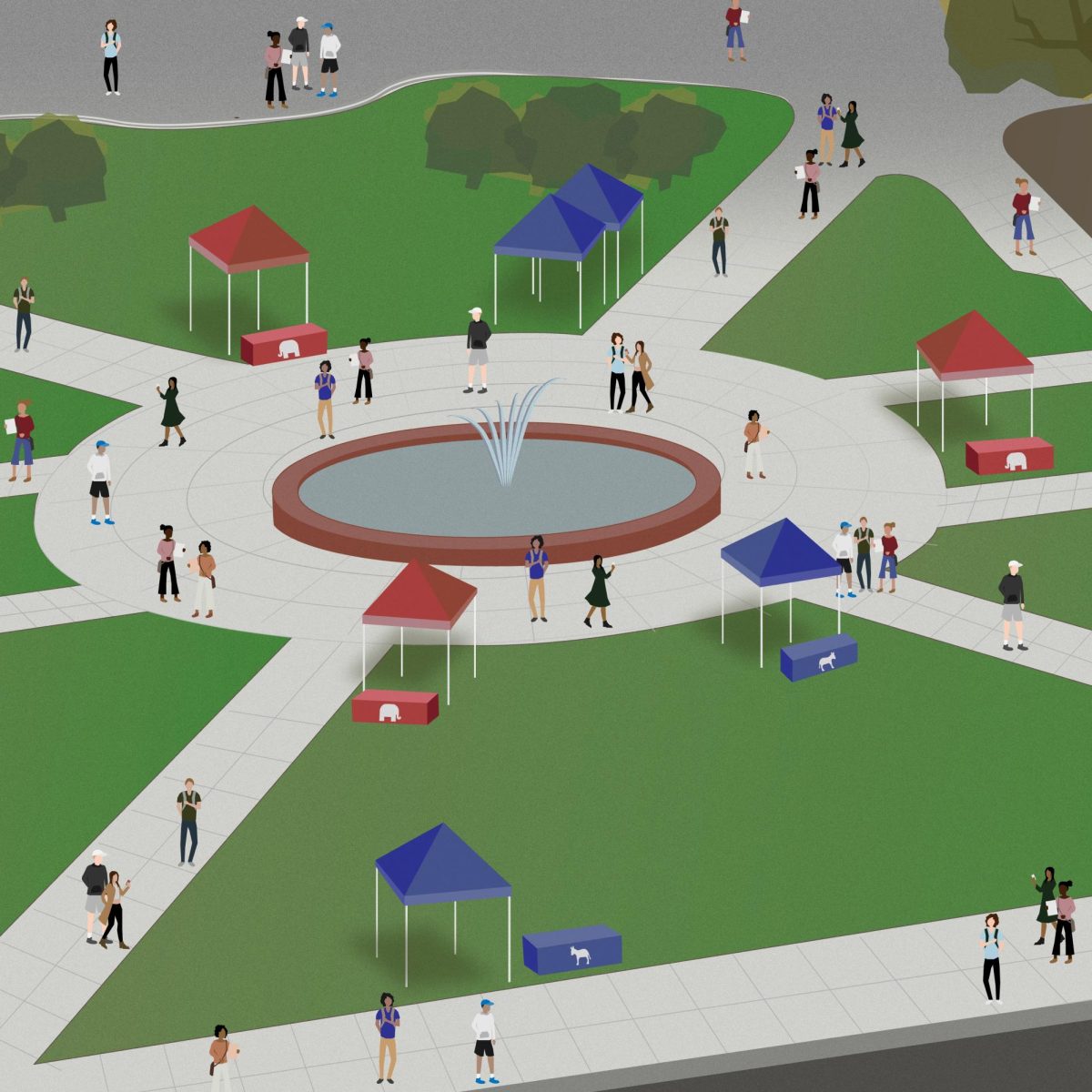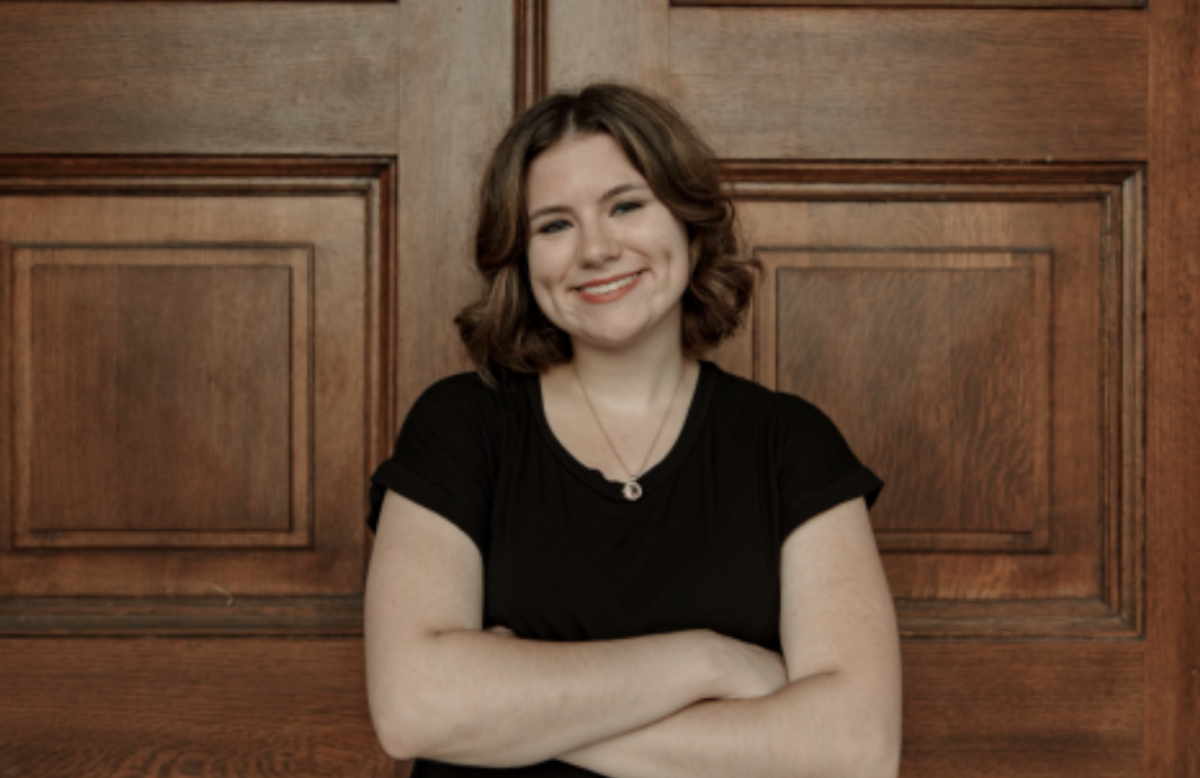In the midst of same-sex marriage legalization and the fight for Madison’s homeless, a LGBT homeless community finds itself in a unique struggle to find shelter each night.
Homeless services in Madison are not even enough for all the homeless people in Madison who are not LGBT, said Steve Starkey, executive director of the OutReach Community Center.
Each year, Madison conducts a point-in-time study to determine the number of homeless people who receive services from the city. On average, about 800 people are involved in the study, Starkey said.
The study gathers age, race and a variety of other demographic information. Last year, the study began to ask participants their sexuality, Starkey said.
Last year, 10 percent of participants, or about 125 people, identified as LGBT, Starkey said. However, there could be more who were just not comfortable disclosing their sexuality, even though the study was anonymous, he said.
Many transgender people living in Madison earn a lower income, which means housing is harder for them to find, said Angie Rehling, assistant director of OutReach. While transgender people are legally protected from discrimination, she said employers and tenants can find ways to get around those laws and discriminate against protected classes, making it harder for them to maintain a job earning enough money to find housing.
In Madison, the unemployment rate for transgender people is double the average unemployment rate for the general population, Starkey said. It is also a lot higher than the rate for gay and lesbian people, he said.
Ginger Baier, a transgender woman on OutReach’s board, transitioned later in life after retirement, so she did not go through the struggles most transgender people face in the job market. However, she does work with young transgender women as a mentor and knows the issues they face.

Discrimination can lead to violence and safety issues
Fifty-five percent of transgender people in the survey have reported being physically or verbally harassed at a shelter by either a staff member or another resident, Baier said. Forty-seven percent left their shelter due to poor treatment, and 42 percent were forced to stay in a facility designated for the gender they did not identify with, she said.
Forty-two percent of transgender homeless people staying in a shelter reported being sexually assaulted by staff or other residents, Baier said.
Gay and lesbian residents are able to fare better at shelters than transgender residents, Starkey said.
“Often, gay or lesbian people can pass for straight people and sex orientation isn’t as obvious,” Starkey said. “Gay and lesbian residents are able to function in those facilities and not be noticed, but transgender residents are a lot more obvious with their clothing, the way they wear their hair and accessories.”
It is even harder for gender-queer homeless people, who do not identify with either gender, to find the right shelter, Rehling said. If they do not fit in, it makes them not want to go to a shelter, which is an even bigger problem.
Transgender residents will receive more harassment, which has led to them being attacked, Starkey said.
The safety risk is in part due to minimal security at some shelters, Starkey said. There may only be one social worker from the shelter watching anywhere from dozens to a hundred residents.
“If harassment does take place, it’s hard to stop or even know it’s going on,” Starkey said.
Another reason transgender people are not allowed in shelters is privacy. As some women in shelters can feel uncomfortable with a male-to-female transgender woman sleeping in the same room as them, it can lead to violence and harassment, Starkey said.
There is also the issue of bathrooms and showers. The showers in shelters are very open and unsecured, so if a transgender person has not had a sex reassignment surgery, being in a shower with other residents of the opposite biological gender can be uncomfortable and dangerous, Starkey said.
When people first look at an individual who is transgender or gender nonconforming, they cannot tell the difference between gender and appearance, Rehling said. The stigma associated with transgender individuals and their appearance is based off fear, when in actuality they are just people who want to thrive and succeed, she said.
OutReach Community Center offers support and information to LGBT homeless community in Madison
OutReach, south central Wisconsin’s Lesbian, Gay, Bisexual and Transgender Community Center, was founded in 1973 by its parent organization, the Madison Gay and Lesbian Resource Center, as a way to provide support for LGBT community members, Starkey said.
“Our mission is to promote equality and quality of life for LGBT people,” Starkey said.
OutReach is run with two full-time staff members and three part-time staff members, Rehling said. Throughout the year, OutReach has between 50 to 100 volunteers, she said.
Outreach offers 25 social support groups to LGBT community members, ranging from movie or discussion groups to intense support groups, such as ones for people who have been abused, Rehling said.
“It’s a place for people to come and be who they are,” Rehling said.
During Baier’s transition, she started going to the Madison Area Transgender Association, a transgender support group.
She now facilitates a transgender support group Saturday mornings in addition to serving on OutReach’s board and mentoring young transgender women.
“I have mentored several transgender women, some of them successfully, some of them not successfully,” Baier said. “One of them could not stay clean and sober. But one of the first girls I mentored has moved out, has a job, has a place to live. She was on the street when I first met her, and is now off the street and working on going back to school. I consider that a success story for myself and for OutReach.”
One of the ways OutReach is helping LGBT homeless people is through Willma’s Fund, Rehling said. Willma’s Fund was started by Donald Haar, whose alternate drag persona is Willma Flynn-Stone, she said.
Willma’s Fund helps by paying an extra month of rent, a security deposit on an apartment, transportation fees or even a week in a hotel, Starkey said. The Salvation Army is also involved in the program, giving the LGBT homeless a second week in a hotel or double the transportation fees, he said.
“[Willma’s Fund] raises money so that we can give small grants to people who are LGBT [and] homeless and in an emergency situation,” Starkey said.

OutReach also offers a variety of services in their community center. Some of these include a lending library, social and support groups, events and fundraisers for smaller non-profit organizations, according to the OutReach website.
OutReach is currently writing a grant to the city to create a host home project, a fostering situation for LGBT homeless adults who need some extra help, Starkey said.
“OutReach has been a tremendous help for me,” Baier said. “I found a lot of support. I made a lot of friends there. It’s been a great experience.”



